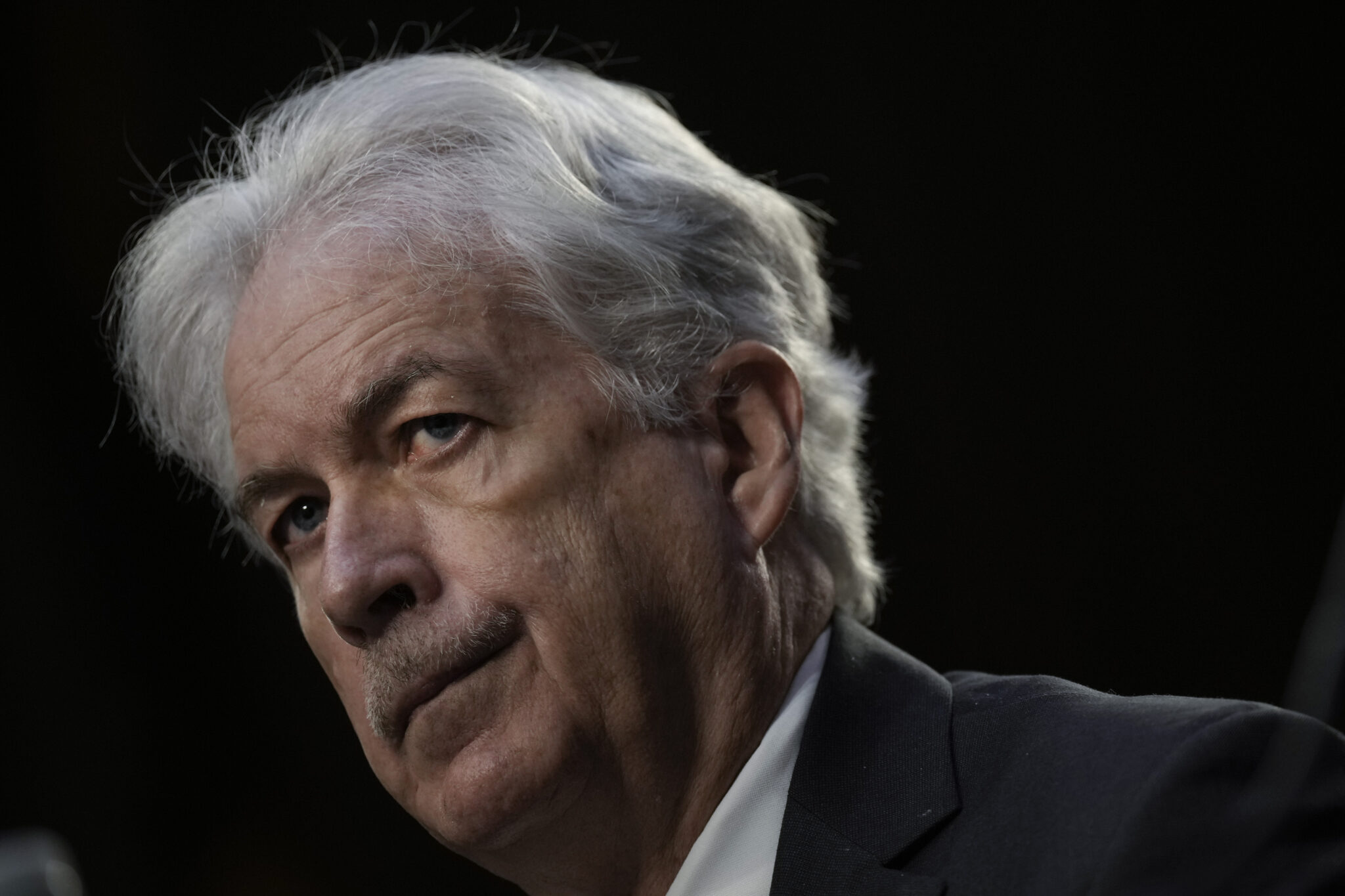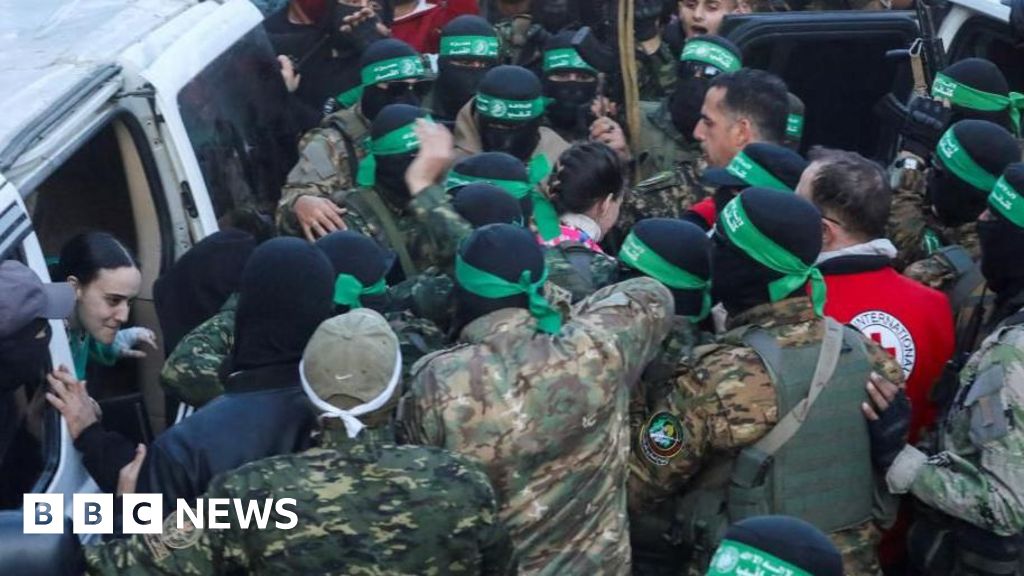Putin’s Hold on Power Betrays “Significant Weaknesses”
CIPHER BRIEF REPORTING – A social contract that Russian President Vladimir Putin has engineered over the decades to cement his authority may now be showing signs of coming apart, said CIA Director Bill Burns, speaking at a security conference in Aspen, Colorado.
After a near quarter-century in power, recent events have “exposed some of the significant weaknesses in the system that Putin has built,” Burns told a forum audience on Thursday, echoing Britain’s foreign secretary, James Cleverly, who said that an aborted mutiny last month by Wagner boss Yevgeny Prigozhin had revealed “cracks” in Putin’s government.
And yet part of what makes this unfolding paradigm in Russia such a “once in a generation opportunity,” Burns noted, is the erosion of Putin’s “carefully cultivated” perch atop a tacit agreement with both Russia’s general population and its more powerful elites. The parameters of that agreement go something like this: “You stay out of politics. That’s my business. What I will offer in return are rising standards of living, and by and large, I won’t get into your personal lives,” Burns said of Putin’s hold on power, before further explaining the Russian leader’s different approach to the power elites. “You follow my lead in politics. What I will ensure in return is protection from external threats, protection from one another, and also that everyone gets to feed at the trough, that everybody gets to share in the spoils.”
Looking for a way to get ahead of the week in cyber and tech? Sign up for the Cyber Initiatives Group Sunday newsletter to quickly get up to speed on the biggest cyber and tech headlines and be ready for the week ahead. Sign up today.
Over time, analysts believe a general understanding between parties may have been struck, relying on Putin’s aura of near total control, Russia’s continued economic growth, and the country’s improving living standards.
During Putin’s first presidential term, wages indeed grew by more than 10% annually, while poverty rates declined. By 2012, Russia’s total oil output was the largest in the world, with new pipelines helping diversify Russian energy exports by tapping into surging Asian demands.
But in 2014, amidst dropping oil prices and western sanctions brought on by the Kremlin’s invasion of Crimea, Russia’s economy stumbled. GDP fell by an average of 1.5% annually, while individual consumption rates plunged by 7.1%.
Eight years later, after Russia’s full-scale invasion of Ukraine and an unsuccessful bid to take its capital, additional sanctions added even more pressure to Russia’s economy, with new questions surfacing about Putin’s hold on power. Those questions only seemed to grow louder following Prigozhin’s march on Moscow last month, which provided “the most direct assault on the Russian state and Vladimir Putin’s 23 years in power,” said Burns.
“For a lot of Russians watching … the question was ‘does the emperor have no clothes?’” he explained. “Or at least why is it taking so long for him to get dressed?”
The Cipher Brief hosts expert-level briefings on national security issues for Subscriber+Members that help provide context around today’s national security issues and what they mean for business. Upgrade your status to Subscriber+ today.
As for Russia’s elites, Burns added, the effects may have been equally profound. “It resurrected some deeper questions … about Putin’s judgment, about his relative detachment from events and … about his indecisiveness.” The CIA director also described Russian security services and military decision-makers as “adrift” as the mutiny unfolded.
In a bid to capitalize on that confusion and discontent, Burns added, the CIA has since ramped up intelligence recruitment efforts, including the production of a video the agency made to recruit Russian informants.
“It’d be crazy for us not to.”
Still, Putin remains someone who “thinks that revenge is a dish best served cold,” Burns cautioned.
“If I were Prigozhin,” he added, “I wouldn’t fire my food taster.”
Read more expert-driven national security insights, perspectives and analysis in The Cipher Brief because National Security is Everyone’s Business
Check out our Latest News and Follow us at Facebook
Original Source







